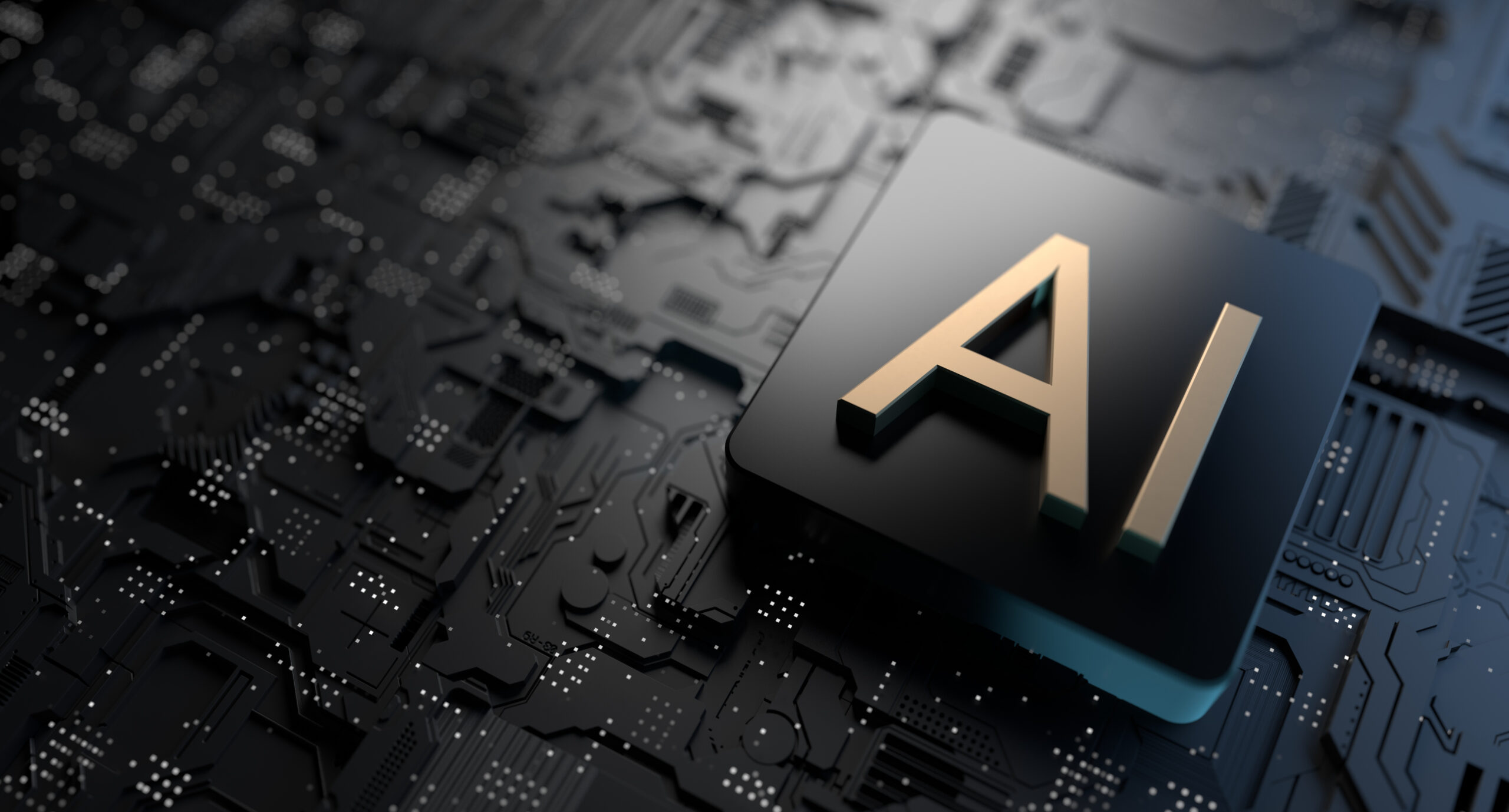

The United States has imposed new AI investment restrictions aimed at limiting foreign influence, enhancing national security, and boosting domestic AI innovation. The policy change follows growing concerns about foreign investments—particularly from China and other rival nations—in critical AI sectors.
According to US officials, these measures align with the Biden administration’s broader strategy to maintain the country’s technological leadership while preventing sensitive AI technologies from being exploited by foreign adversaries.
Key Aspects of the New AI Investment Laws 1. Stricter Foreign Investment RegulationsThe Committee on Foreign Investment in the United States (CFIUS) has increased scrutiny over foreign investments in AI-related companies. New restrictions will:
To counter foreign investment limitations, the US government is increasing AI research and development (R&D) funding. Agencies such as the National Science Foundation (NSF) and Department of Defense (DoD) will allocate billions to AI innovation.
3. AI Ethics and Compliance MandatesThe new laws also introduce ethical AI regulations to ensure responsible AI development. Companies seeking funding must:
The US government has also tightened export restrictions on AI technologies to prevent unauthorized access by foreign competitors. This includes:
Regulations now impose stricter rules for AI applications in finance, healthcare, defense, and cybersecurity. These sectors will:
Swipe. Select. Stay informed.


The U.S. continues to dominate AI research and development, but China’s aggressive investments in artificial intelligence are closing the gap. As both nations compete for AI supremacy, the race for innovation is reshaping global technology, security, and economic influence
The U.S. government is ramping up investments in artificial intelligence for defense, focusing on cybersecurity, autonomous weapons, and intelligence analysis. These efforts aim to maintain national security and technological superiority in a rapidly evolving global landscape
The U.S. government’s AI policy changes are set to transform health technology investments, fostering innovation in diagnostics, treatment, and medical research. These changes could boost investor confidence and accelerate the adoption of AI-powered healthcare solutions.
As AI advances, job displacement concerns grow. However, the U.S. economy is adapting by fostering new opportunities, reskilling programs, and AI-driven industries.



Economic Impact of US AI Investment Policy Changes

US AI Investment Rules Shake Global Markets

US to Restrict Foreign AI Investments

The US tightens AI investment regulations to curb foreign influence and strengthen national security